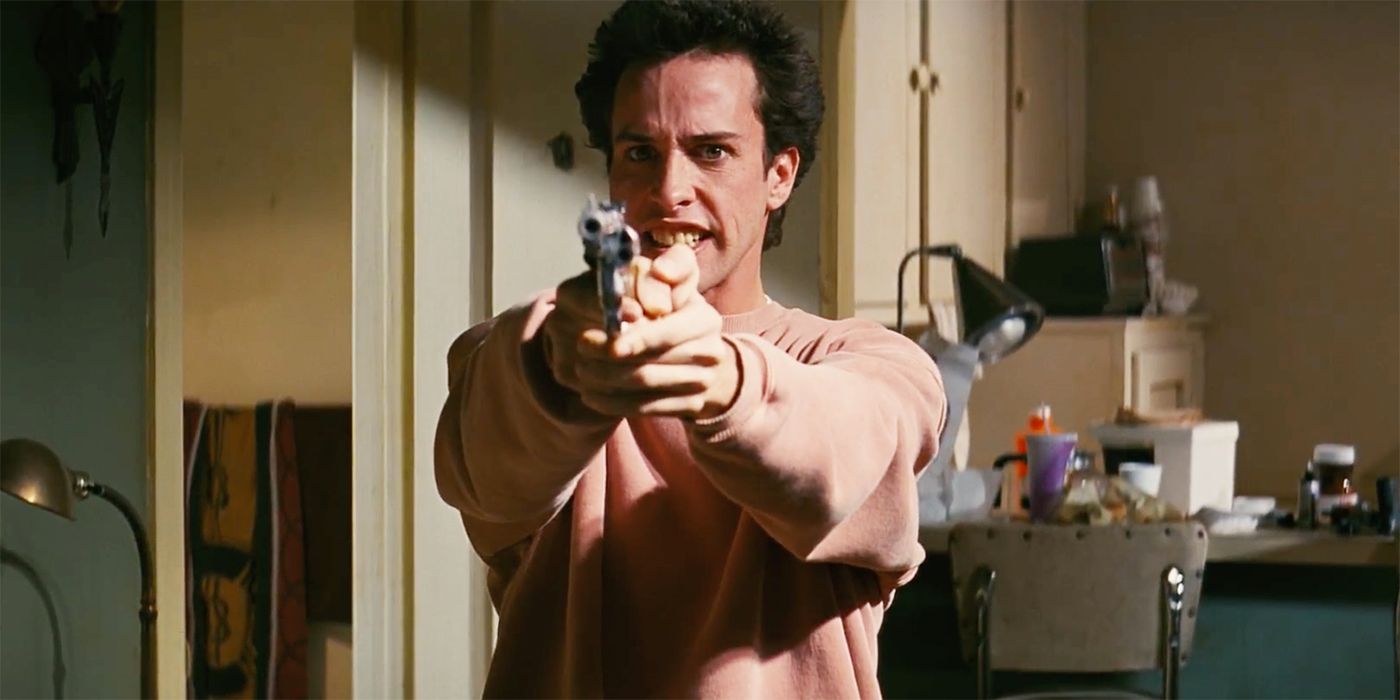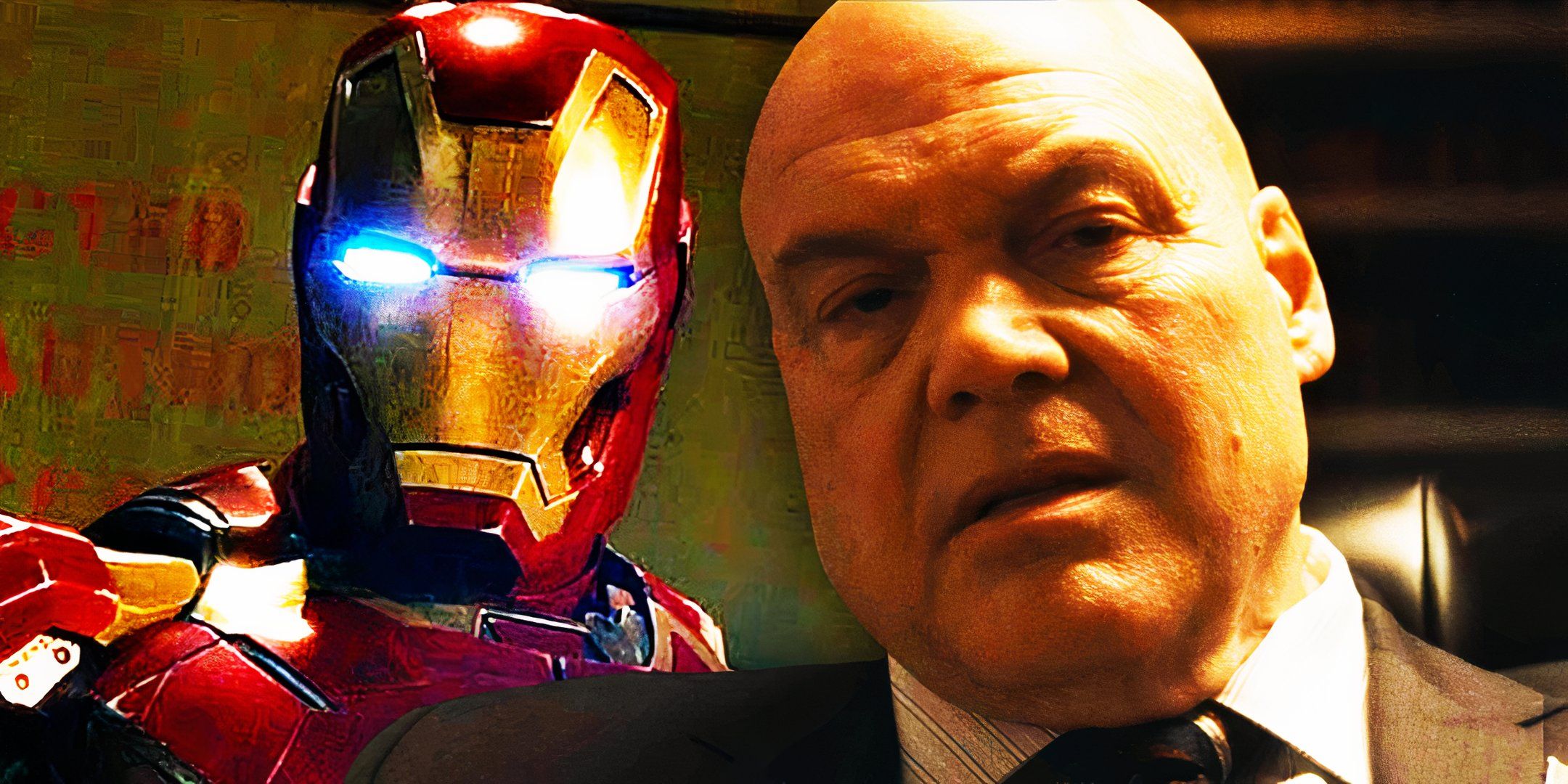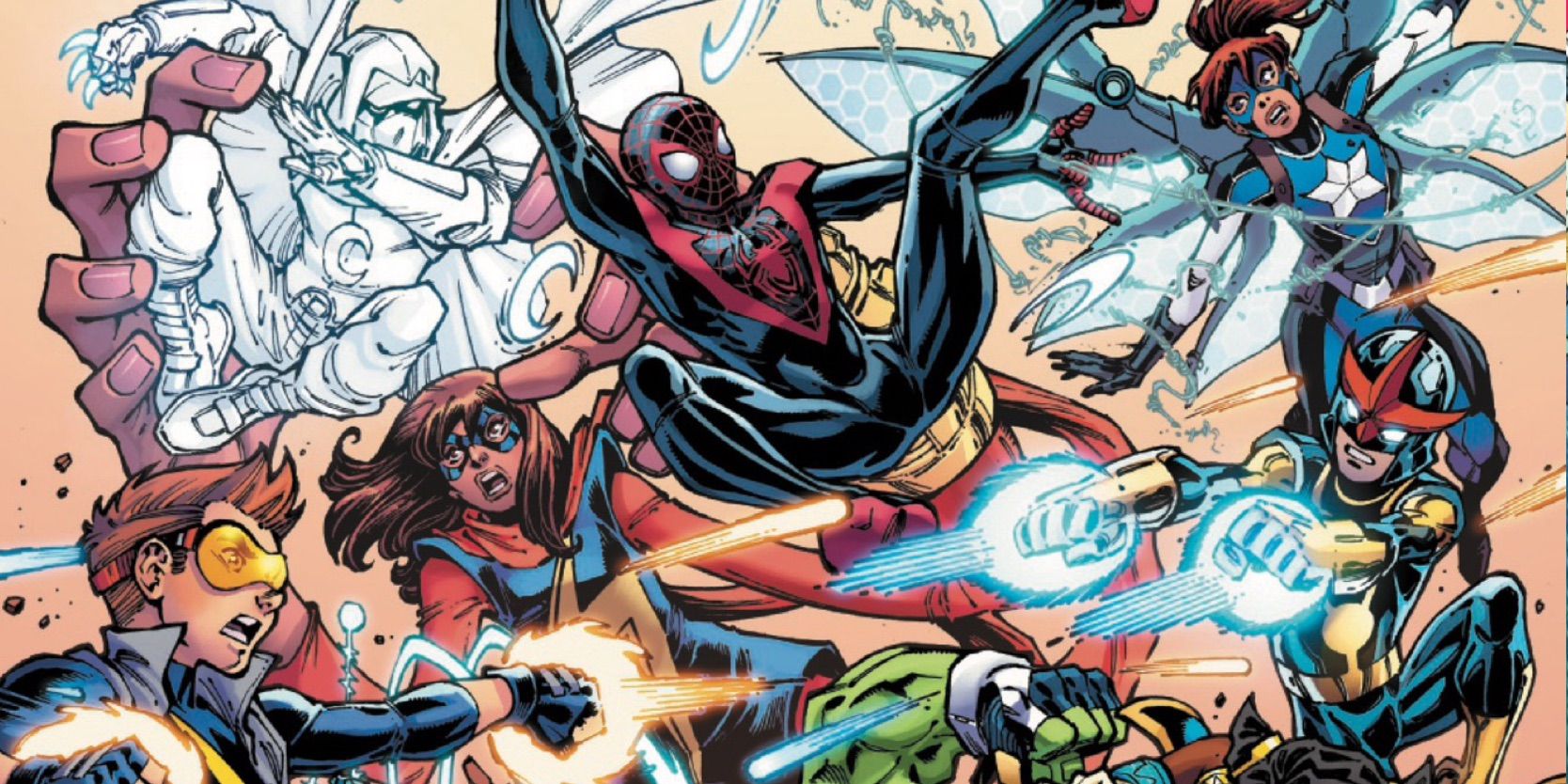Pulp Fiction: How All Those Bullets Missed Jules & Vincent Explained By Expert (& It Wasn’t Divine Intervention)
A firearms expert explains why Samuel L. Jackson and John Travolta's Pulp Fiction characters do not get shot at the beginning of the movie. Jackson's Jules Winnfield and Travolta's Vincent Vega are among Quentin Tarantino's best characters, an iconic duo in one of the director's most critically acclaimed movies. Jules and Vincent are widely remembered for their banter, including Vincent's line about "a Royale with cheese," but they are also remembered for surviving outrageous scenarios.
In an Insider video, firearms expert Patrick McNamara reveals how Jules and Vincent survive being shot at close range. The scene occurs toward the beginning of Pulp Fiction when an individual, credited as the Fourth Man, emerges from the bathroom and shoots at Jules and Vincent from a close distance, only for all the bullets to miss them. Jules declares that this is a miracle, but McNamara explains that it is actually realistic for someone who is inexperienced and untrained. Check out his comments below:
It probably wasn't divine intervention that saved Sam Jackson and John Travolta's lives. It was probably just really poor marksmanship. What people might think is, "Well, why did he miss that close?" Not uncommon. It's not an easy thing hitting somebody with a pistol, even at close distance. If you're not trained, and you're just mushing and going a million miles an hour on that trigger, you're not hitting diddly squat. It's a movie where you have to suspend reality. These are gangsters. They're not gun guys. They're gangsters. So let them shoot strong hand and just blaze away.
What This Means For Pulp Fiction
Jules And Vincent Survive For A Good Reason
Close
In Jules and Vincent's disagreement about how they survived being shot at close range, McNamara sides with Vincent, who does not think it was a miracle, but simply a case of the shooter being a poor shot. As a firearms expert, McNamara understands the dangers of using a firearm without proper training. Those consequences come alive in Pulp Fiction, and work in Jules and Vincent's favor. It is partly played for comedic effect, yet there is realism to the scene.
Related Pulp Fiction In Chronological Order Quentin Tarantino's 1994 film Pulp Fiction is broken up into seven episodes, but what exactly is the chronological order of these episodes?
McNamara's point about the characters being gangsters is also important and makes some of Pulp Fiction's deaths feel more believable. Pulp Fiction's characters are not marksmen or firearms experts, but are gangsters. In the case of the man who shoots Jules and Vincent, he is a particularly desperate individual, and his desperation mixed with poor marksmanship is a valid reason why he is unable to hit his targets despite his physical proximity to them.
His Analysis Further Enhances Pulp Fiction
30 years after it debuted, Pulp Fiction's positive reviews continue. The realism in this particular scene adds to the colorful characters and cartoonish violence that are hallmarks of Pulp Fiction and of all Tarantino movies. Many of the characters in the 1994 movie make poor decisions and let their emotions get the best of them, a dangerous recipe that results in a great deal of entertaining chaos. In this case, such a concoction works well for Jules and Vincent, who are able to avoid being killed early on in Pulp Fiction's story thanks to a case of lackluster marksmanship.
Jules And Vincent's Scenes Are The Best Parts Of Pulp Fiction
Samuel L. Jackson And John Travolta's Chemistry Is Unmatched
While every storyline has its merits in Pulp Fiction, the scenes focused on Jules and Vincent are the best parts of the movie. Jackson and Travolta have the best chemistry together, which captures the movie's balance between comedy and drama. The movie makes a smart choice by beginning with their two characters. Between their argument about cheeseburgers to Jules' iconic monologue, they are entertaining and captivating to watch.
Jules and Vincent can come off as a comedic duo, but they are still deadly, as only moments later, they aim their guns at the Fourth Man and kill him.
The scene where they are nearly killed at close range is another perfect example of why their characters work so well, with the drama of nearly dying being juxtaposed by the hilarious moment of them looking down in disbelief that the shooter missed them. Jules and Vincent can come off as a comedic duo, but they are still deadly, as only moments later, they aim their guns at the Fourth Man and kill him. Their dynamic is even better due to the philosophical nature that their conversations go through, including Jules' argument about divine intervention.
Related Pulp Fiction Ending Explained (In Detail) Pulp Fiction may be considered Quentin Tarantino's best film, but its non-linear story makes its ending a little more complicated to puzzle out.
Since Pulp Fiction, there have been many Quentin Tarantino and Samuel L. Jackson movies, but none have quite lived up to the heights of their first collaboration. Jules is the most memorable character from a Tarantino movie, both as an individual and in terms of his dynamic with Vincent. Given how important Pulp Fiction is to the legacy of Jackson and Tarantino, it would be fitting for Jackson to star in the acclaimed director's final movie.
Source: Insider











COMMENTS